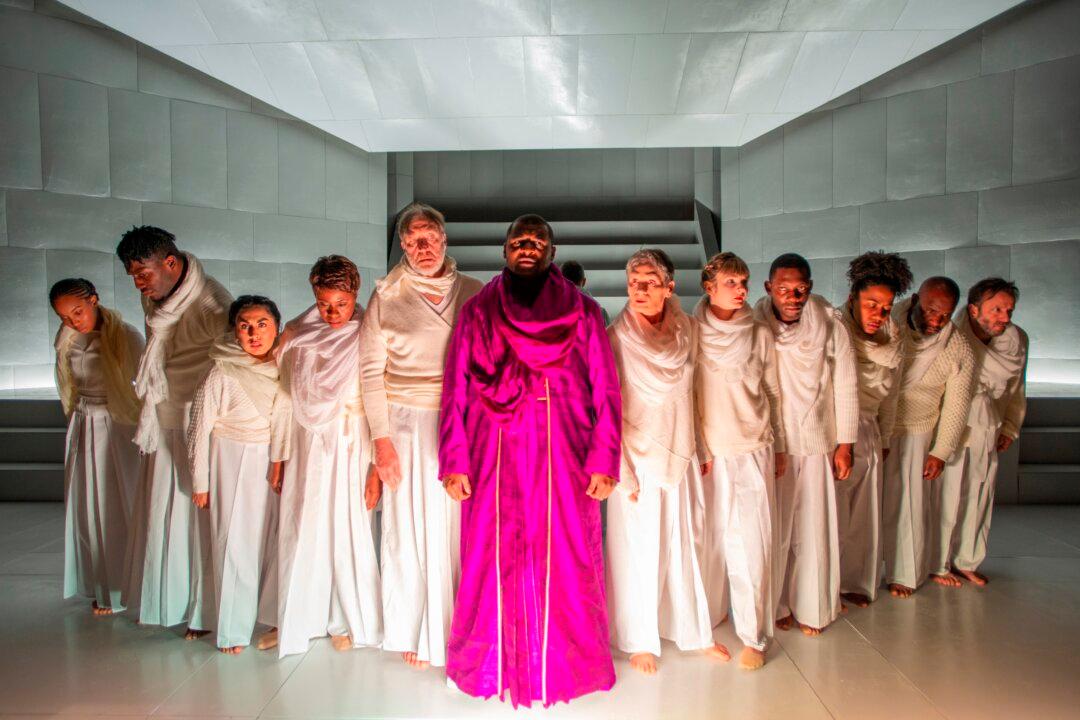When actress Tracy Michelle Arnold was in sixth grade, she was asked to read aloud the role of Calpurnia in Shakespeare’s “Julius Caesar.” In the scene, Queen Calpurnia begs her husband, Caesar, to avoid the Senate that day—a day which we know as the disastrous Ides of March. Despite the difficulty the language posed for a child, despite the fact that Arnold had little knowledge of ancient Rome, of Shakespeare, of what it’s like to be a queen, she had no trouble connecting to Calpurnia’s character.
“If an 11-year-old can resonate to a piece written hundreds of years ago, then the tie that binds is there, and it can never be unbound,” Arnold said via phone on July 6.
For Arnold, great art, defined by universal themes that strike chords in us, gives us a gift in connecting us to one another. And classics necessarily fall into the category of great art, she said, or we wouldn’t be bringing them back after all these years.
“These are works that strike chords in the human heart, and not just of one race or religion or set of beliefs, but of all humankind,” she said. “They continue to resonate.”






